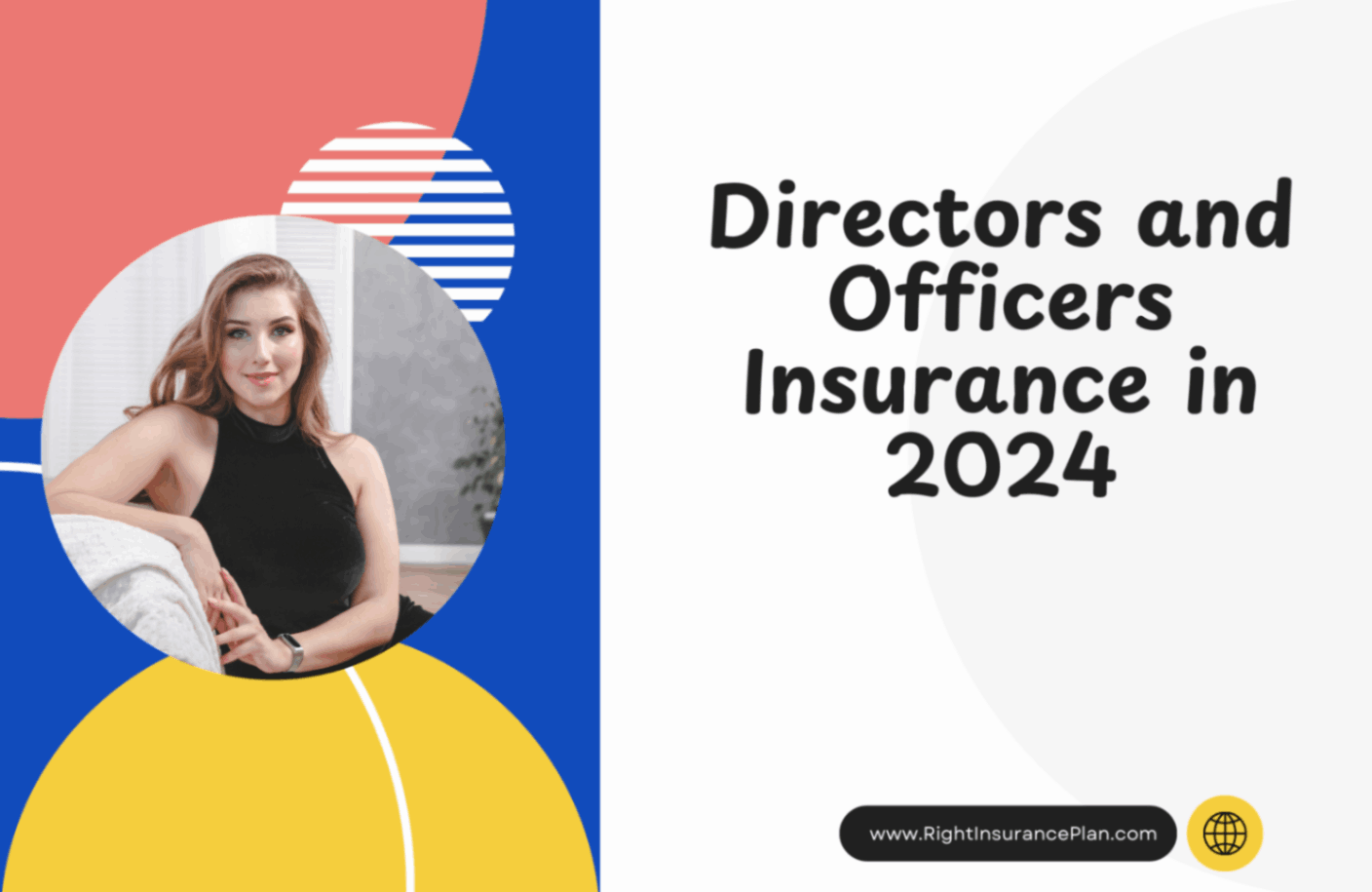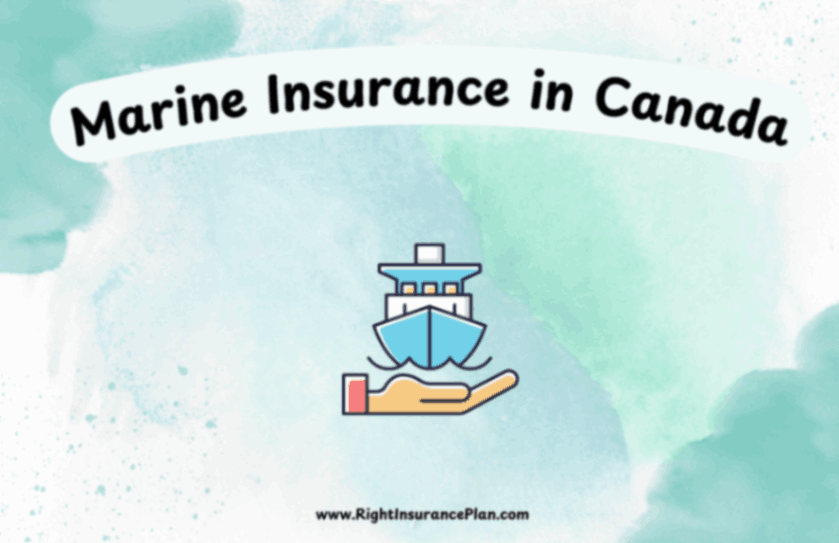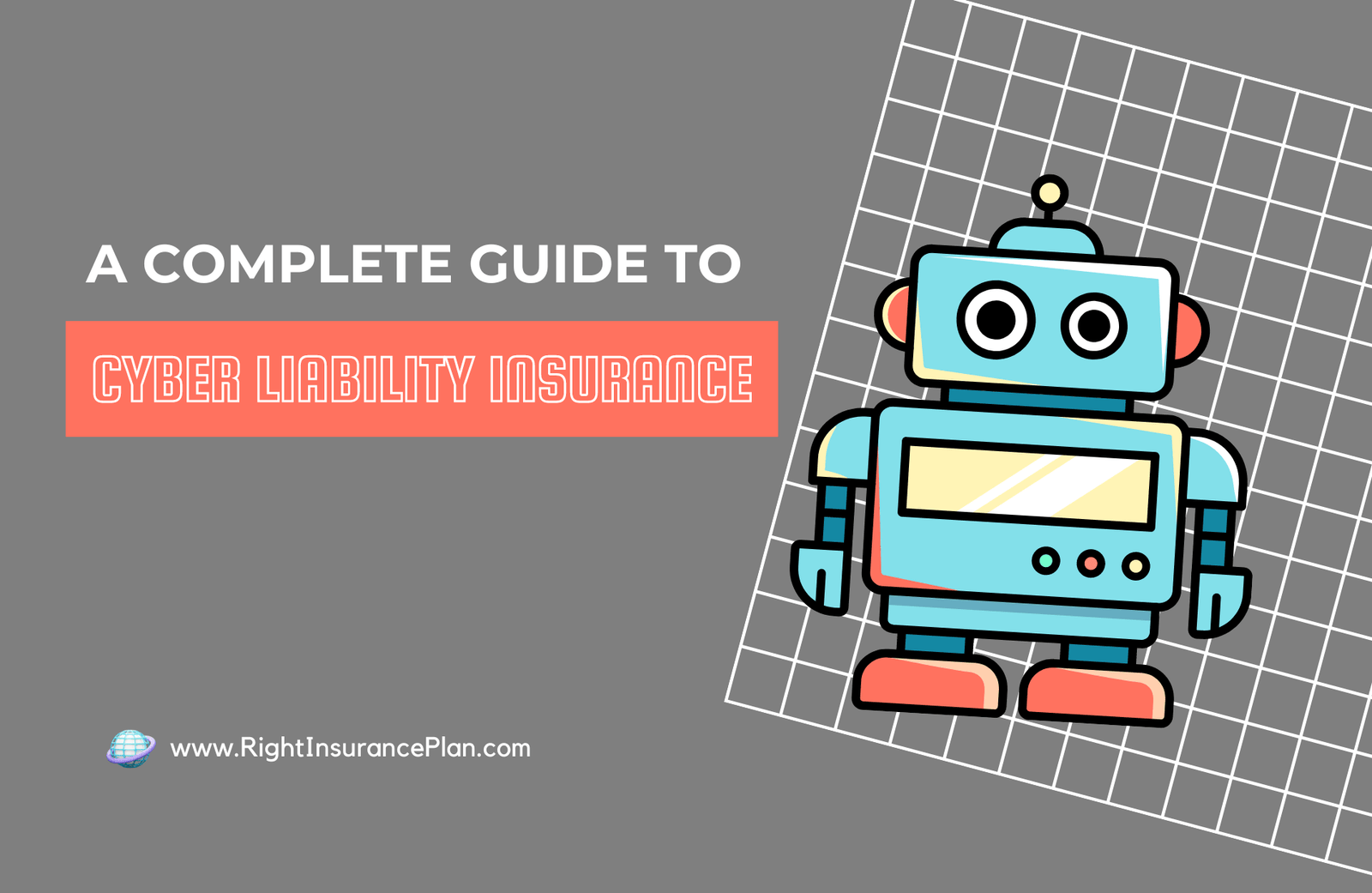
Directors and Officers Insurance in 2024
Running a business comes with many responsibilities, and being a director or officer of a company can be especially challenging. These individuals often make important decisions that can affect the company's future, its employees, and its stakeholders. But what happens when something goes wrong, and these leaders find themselves facing legal action? This is where Directors and Officers (D&O) Insurance comes into play.
In this blog post, we'll explore D&O Insurance in Canada, breaking down what it is, why it's important, and how it works. We'll also look at some recent trends and data to give you a clear picture of the current landscape.
What is Directors and Officers Insurance?
D&O Insurance is a type of coverage that protects directors and officers of a company if they're sued for actions related to their roles. This insurance helps cover legal fees, settlements, and other costs that might come up if someone takes legal action against these company leaders.
Think of it like a safety net. Just as you might have car insurance to protect you if you get into an accident, D&O Insurance protects company leaders if they make a mistake or if someone claims they've done something wrong in their job.
Who needs D&O Insurance?
You might think that only big corporations need this kind of insurance, but that's not true. Any organization with a board of directors or advisory committee can benefit from D&O Insurance. This includes:
• Private companies
• Public companies
• Non-profit organizations
• Start-ups
• Educational institutions
Even small businesses can find D&O Insurance helpful, especially as they grow and face more complex challenges.
Why is D&O Insurance important in Canada?
1. Legal landscape: Canada has a robust legal system, and lawsuits against company directors and officers are becoming more common. Without insurance, these legal battles can be extremely expensive and potentially ruinous for individuals.
2. Personal liability: In Canada, directors and officers can be held personally liable for their actions in their corporate roles. This means their personal assets could be at risk if they're sued and don't have proper insurance.
3. Attracting talent: Having D&O Insurance can help companies attract and retain top talent for leadership positions. Knowing they're protected can give potential directors and officers peace of mind.
4. Investor confidence: For companies looking to attract investors, having D&O Insurance can be a sign of good governance and risk management.
What does D&O Insurance cover?
D&O Insurance typically covers a wide range of situations. Here are some common examples:
• Misuse of company funds
• Breach of fiduciary duty
• Failure to comply with workplace laws
• Lack of corporate governance
• Errors in financial reporting
• Inaccurate or inadequate disclosure
Recent trends and data
Rising premiums: In recent years, the cost of D&O Insurance has been going up. According to a 2023 report by Aon, a leading insurance broker, D&O premiums in Canada increased by an average of 15% in 2022. This trend is expected to continue, albeit at a slower pace.
Increased claims: The number of claims against directors and officers has been growing. The same Aon report noted a 20% increase in D&O claims in Canada from 2021 to 2022.
Cybersecurity concerns: With more businesses relying on technology, cyber-related risks have become a significant concern for directors and officers. Many insurers are now offering specific cyber liability coverage as part of their D&O policies.
Environmental, Social, and Governance (ESG) factors: There's growing pressure on companies to address ESG issues. Directors and officers who fail to adequately manage these concerns may face legal action. As a result, many D&O policies now include coverage for ESG-related claims.
COVID-19 impact: The pandemic has led to new risks for directors and officers, including potential claims related to how companies handled the crisis. This has made D&O Insurance even more critical for many organizations.
How to choose the right D&O Insurance
1. Assess your risks: Every organization is different. Think about the specific risks your directors and officers might face based on your industry, size, and other factors.
2. Understand the coverage: Make sure you know exactly what the policy covers and what it doesn't. Don't be afraid to ask questions if something isn't clear.
3. Consider the limits: The policy limit is the maximum amount the insurance company will pay out. Make sure it's enough to provide adequate protection.
4. Look at the exclusions: Pay close attention to what's not covered. Some policies might have exclusions that leave you vulnerable in certain situations.
5. Work with an experienced broker: A knowledgeable insurance broker can help you navigate the complexities of D&O Insurance and find a policy that fits your needs.
6. Review regularly: As your organization grows and changes, your insurance needs might change too. It's a good idea to review your D&O policy annually.
Real-world example
To help illustrate why D&O Insurance is important, let's look at a real example from Canada. In 2019, a group of shareholders sued the directors and officers of a Canadian cannabis company, alleging that they had misrepresented the company's inventory and distribution agreements. The lawsuit sought hundreds of millions of dollars in damages.
The future of D&O Insurance in Canada
1. Climate change: As concerns about climate change grow, directors and officers may face increased scrutiny over their companies' environmental practices.
2. Diversity and inclusion: There's growing pressure on companies to improve diversity at all levels, including in leadership. Failure to address these issues could lead to claims against directors and officers.
3. Regulatory changes: As regulations evolve, directors and officers will need to stay informed to ensure compliance and avoid potential legal issues.
4. Artificial intelligence and data privacy: As AI becomes more prevalent in business, new risks may emerge. Directors and officers will need to be aware of these risks and how they're covered by their D&O policies.
Conclusion
Directors and Officers Insurance plays a crucial role in protecting the leaders of organizations in Canada. As the business becomes increasingly complex, having this kind of protection is more important than ever.
You can also check the information regarding Workers Compensation Insurance
FAQs:
1. What is Directors and Officers (D&O) Insurance?
D&O Insurance is a policy that protects directors and officers of a company from personal financial losses if they're sued for alleged wrongful acts while managing the company.
2. Are there any alternatives to D&O Insurance in Canada?
While there's no direct alternative, some protection can be provided through corporate bylaws, indemnification agreements, and risk management practices. However, these typically don't offer the same level of protection as D&O Insurance.
3. Is D&O Insurance mandatory in Canada?
No, it's not legally required. However, it's highly recommended for most businesses, especially those with a board of directors.
4. What types of claims does D&O Insurance cover?
It can cover claims related to mismanagement, breach of fiduciary duty, errors in financial reporting, failure to comply with regulations, and more.
5. Does D&O Insurance cover intentional wrongdoing?
Generally, no. D&O policies typically exclude coverage for intentional criminal acts or fraud.
6. How much does D&O Insurance cost in Canada?
The cost varies widely depending on factors like company size, industry, and risk profile. Small businesses might pay a few thousand dollars annually, while larger corporations could pay much more.
7. Can non-profit organizations get D&O Insurance?
Yes, non-profits can and often do purchase D&O Insurance to protect their board members and executives.
8. Does D&O Insurance cover legal fees?
Yes, most policies cover legal defense costs, even if the allegations are unfounded.
9. Is D&O Insurance different from general liability insurance?
Yes. General liability insurance covers bodily injury and property damage claims, while D&O Insurance covers management liability.
10. Can private companies get D&O Insurance?
Absolutely. While it's often associated with public companies, private companies can and should consider D&O Insurance.
11. What's the difference between D&O Insurance and Errors and Omissions (E&O) Insurance?
D&O Insurance protects the company's leadership from claims related to their management decisions.
12. Does D&O Insurance cover cyber-related claims?
Some policies may offer limited coverage, but for comprehensive protection against cyber risks, a separate cyber liability policy is usually recommended.
13. How long does D&O coverage last?
Most policies are written on a "claims-made" basis, meaning they cover claims made during the policy period, regardless of when the alleged wrongful act occurred.
14. Can retired directors be covered under D&O Insurance?
Yes, many policies include a "retirement tail" that continues to cover directors for a set period after they leave the company.


